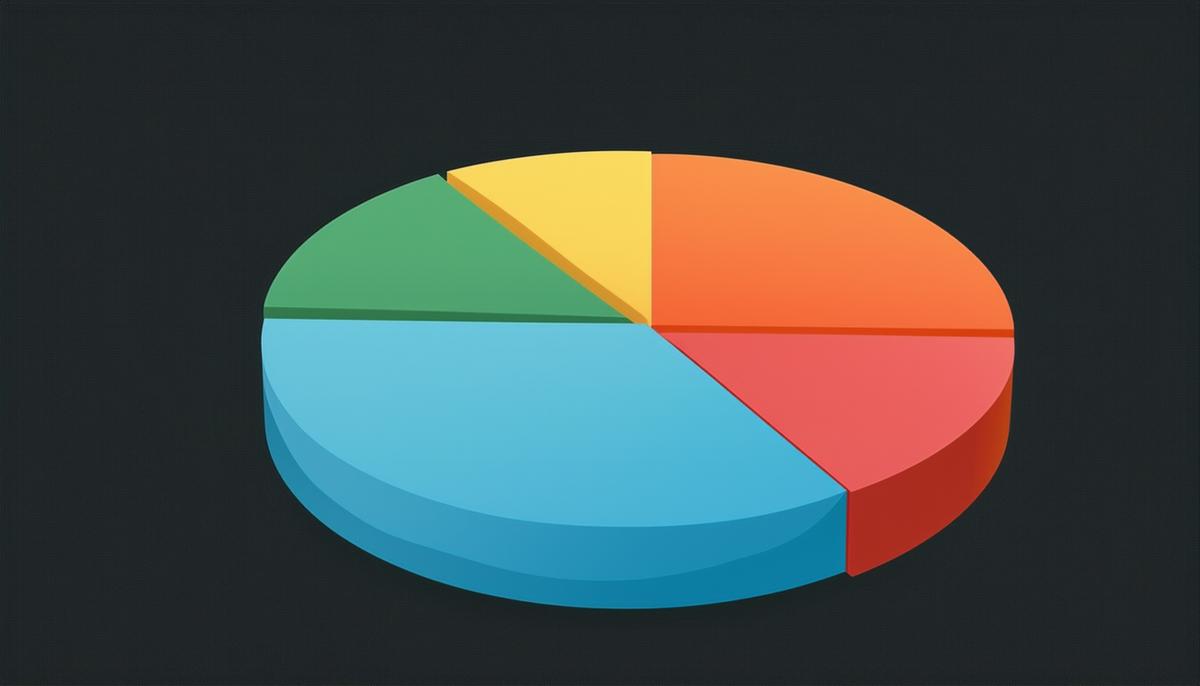Understanding property taxes in California can feel like piecing together a complex puzzle. Each component has its own significance, contributing to the overall picture of what you owe and why. From general tax levies to special assessments, each element plays a crucial role in funding public services and maintaining community infrastructure.
Components of California Property Tax
Breaking down a California property tax bill reveals several key components:
- 1 percent general tax levy: The core of your property tax bill, based on your property's assessed value. For example, if your home is assessed at $500,000, you're looking at a $5,000 tax bill from this levy alone.
- Voter-approved debt rates: Additional taxes that pay for voter-approved projects, such as school bonds or infrastructure improvements.
- Property assessments: Set when you purchase a property, usually at the purchase price. This value can only increase by a maximum of 2% each year, thanks to Proposition 13.
- Mello-Roos tax: Appears in newer communities to pay for public services and infrastructure.
- Parcel taxes: Typically charged as a flat fee per parcel of property, funding services like street lighting or school programs.
- Supplemental tax bill: May be sent if property values change significantly, especially after a sale.
Understanding these components helps you see where your money goes. From fixing potholes to funding local schools, every part of your property tax bill has its purpose.
Determining Property Tax Values
County assessors in California determine property values through several methods:
- Acquisition value: When you buy a property, the assessed value equals the purchase price.
- Annual increases: Thanks to Proposition 13, the assessed value can only increase by a maximum of 2% each year.
- Reassessment upon sale: Properties are reassessed to the new purchase price when sold.
- Property improvements: Upgrades are assessed separately at their current market value.
- Personal property and state-assessed property: Taxed differently, often at current market value with depreciation considered.
- Value reductions: Possible if property value decreases due to market downturns or significant damage.
Understanding these methods empowers you as a homeowner and helps you see the logic behind your property tax bill.

Distribution of Property Tax Revenue
Once collected, property tax funds are distributed through a well-organized process overseen by the county auditor:
- The 1% general tax levy is shared among various local governments.
- Counties are divided into Tax Rate Areas (TRAs), each with its unique blend of local governments.
- The county auditor ensures each local government receives at least the same amount of revenue as the previous year.
- Growth in revenue is divided based on historical shares.
- Voter-approved debt rates fund specific projects.
- Special assessments and taxes are earmarked for specific projects or services.
This distribution system ensures your tax dollars efficiently support schools, public safety, infrastructure, and community projects in your area.
Exemptions and Special Cases
California offers several property tax exemptions and special cases:
| Exemption/Case | Description |
|---|---|
| Homeowner's exemption | Reduces assessed value by $7,000 |
| Disabled veterans' exemption | Can subtract up to $150,000 from assessed value |
| Propositions 60 and 90 | Allow homeowners 55+ to keep low tax base when downsizing |
| Family transfers | Allow property transfers without reassessment |
| Supplemental property tax | Additional bill for reassessed higher value |
| Property improvements | Assessed at current market value |
These exemptions and special cases can provide significant savings for California homeowners. Staying informed about these options helps you make the most of your property ownership and potentially reduce your tax burden.
Understanding the components, calculations, and distribution of property taxes helps you appreciate how your contributions support your community's well-being. This knowledge empowers you as a homeowner and allows you to fully enjoy your slice of California paradise.
- California State Board of Equalization. California Property Tax: An Overview. Sacramento, CA: California State Board of Equalization; 2020.
- Legislative Analyst's Office. Understanding California's Property Taxes. Sacramento, CA: Legislative Analyst's Office; 2018.
- California State Controller's Office. Property Tax Postponement Program. Sacramento, CA: California State Controller's Office; 2021.

